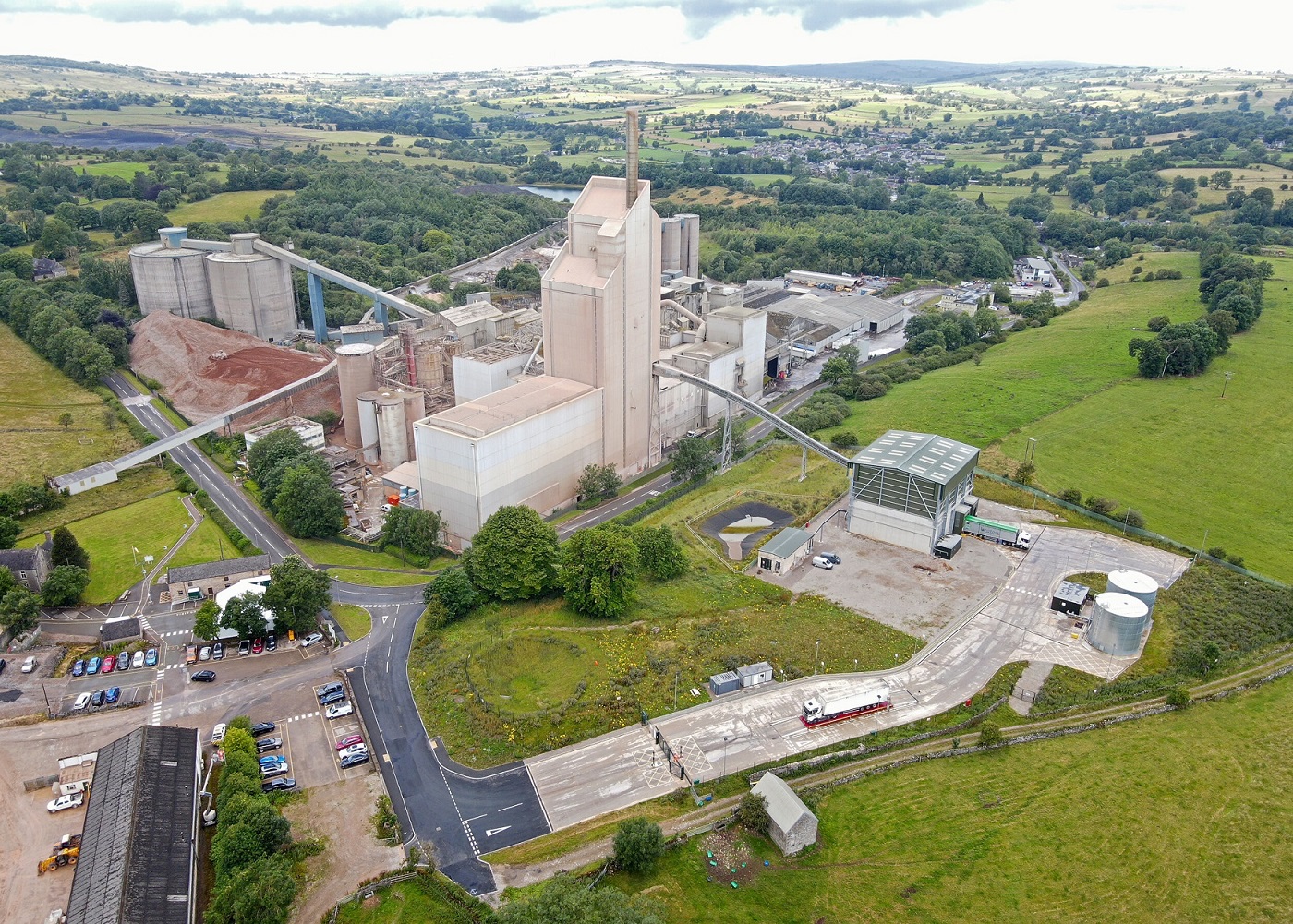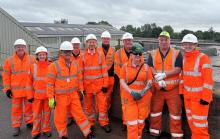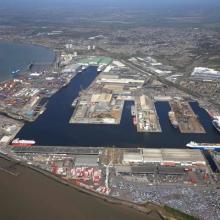
The £8.7 million kiln bag filter system will remove particulate matter generated as part of the cement production process, such as dust, and help prevent it from getting into the atmosphere.
Contractors CTP Inspire Evolution have started construction and installation work at Aggregate Industries' Cauldon site with a view to it being fully operational in early 2024.
The new filter system comprises 2,080 specialist fabric bags and captures dust particles before they enter the atmosphere. It will be three times more effective than the existing electro-static-precipitation technology, which was installed in 1984, and has now come to the end of its life. It will also use less power.
It will reduce emissions, which has been agreed with the Environment Agency, from 30mg/Nm3 to 10 mg/Nm3.
Thierry Davila, Cauldon plant manager, said: “The installation of the new system will help us provide a step change in our efficiency and effectiveness and optimise kiln performance.
“The plant and our operations will hugely benefit from up-to-date technology, which will result in more consistent running of the site. It will also improve environmental performance and benefit the local community.
“The new filter system will mean less dust and emissions into the atmosphere and a reduction in pollutants which is hugely positive and in line with our approach to sustainability.”
Steve Curley, managing director for Cement, said: “This scheme is part of our ongoing investment at our Cauldon site and connects with our wider commitment to decarbonise our operations across the business.
“As a key contributor to the local economy we also recognise our responsibility to our local communities to help drive sustainable transformation and environmental impact wherever possible.”
The Cauldon plant in the Staffordshire Moorlands is operated under Aggregate Industries’ Lafarge Cement arm.
Last year it opened its new £13.5m Geocycle facility and associated gas bypass, driving decarbonisation and circularity through the increased use of waste-derived fuels and the reduction of fossil fuels. The facility receives solid recovered fuel (SRF) generated from non-recyclable commercial and industrial residues that would otherwise go to landfill.
Cauldon was Britain’s first dry-process cement plant when it opened in 1957. The plant produces one million tonnes of cement a year and employs 125 permanent staff and 30 contractors.










